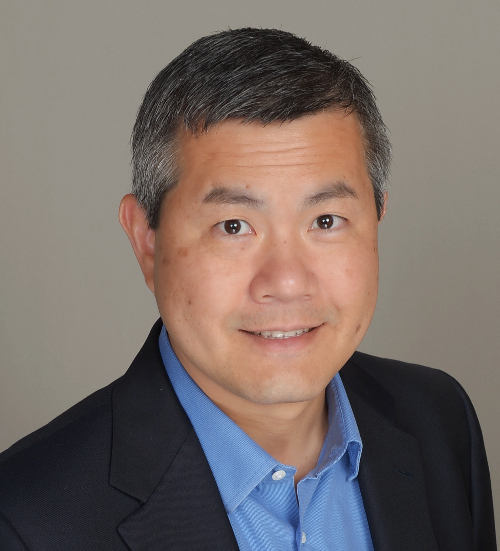Tabelecleucel for Solid Organ or Allogeneic Hematopoietic Cell Transplant Subjects with EBV-PTLD (ALLELE study)
Volunteer for research at OHSU and contribute to discoveries that may improve health care for you, your family, and your community!
EBV lymphoproliferative disorder is a condition that can develop after someone is infected with the Epstein-Barr virus (EBV), the same virus that causes infectious mononucleosis(“mono”). In this disorder, the virus causes certain white blood cells, called lymphocytes, to grow and multiply uncontrollably. This can lead to swollen lymph nodes, an enlarged spleen, and sometimes even tumors. EBV lymphoproliferative disorder is more likely to occur in people with weakened immune systems, such as those who have had an organ or bone marrow transplant.
The purpose of this study is to test how the study product, Tabelecleucel (tab-cel), works to treat EBV lymphoproliferative disorder (PTLD) following solid organ transplant or hematopoietic cell transplant in participants who have not responded or cannot receive standard treatments for PTLD. Tab-cel is an investgational drug made from special immune cells from healthy donors specifically designed to recognize and kill the EBV virus. These cells may help treat PTLD, but they are still being studied.

